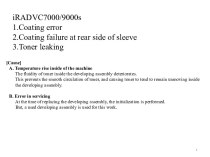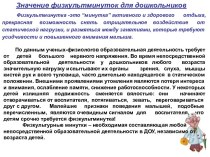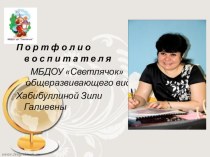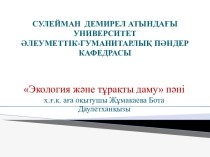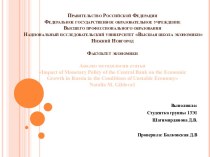- Главная
- Разное
- Бизнес и предпринимательство
- Образование
- Развлечения
- Государство
- Спорт
- Графика
- Культурология
- Еда и кулинария
- Лингвистика
- Религиоведение
- Черчение
- Физкультура
- ИЗО
- Психология
- Социология
- Английский язык
- Астрономия
- Алгебра
- Биология
- География
- Геометрия
- Детские презентации
- Информатика
- История
- Литература
- Маркетинг
- Математика
- Медицина
- Менеджмент
- Музыка
- МХК
- Немецкий язык
- ОБЖ
- Обществознание
- Окружающий мир
- Педагогика
- Русский язык
- Технология
- Физика
- Философия
- Химия
- Шаблоны, картинки для презентаций
- Экология
- Экономика
- Юриспруденция
Что такое findslide.org?
FindSlide.org - это сайт презентаций, докладов, шаблонов в формате PowerPoint.
Обратная связь
Email: Нажмите что бы посмотреть
Презентация на тему Business nepotism
Содержание
- 2. Nepotism refers to the practice of people,
- 3. Such people are in a position
- 4. A relative may be a blood relative,
- 5. Nepotism can occur in the public and
- 6. In the private sector, members of MANAGEMENT
- 7. Some specific examples of potential "rules" for
- 8. Nepotism is not uncommon in the business
- 9. On one hand, nepotism can provide stability
- 10. Скачать презентацию
- 11. Похожие презентации
Nepotism refers to the practice of people, usually executives and managers, giving relatives preferential treatment in EMPLOYMENT.

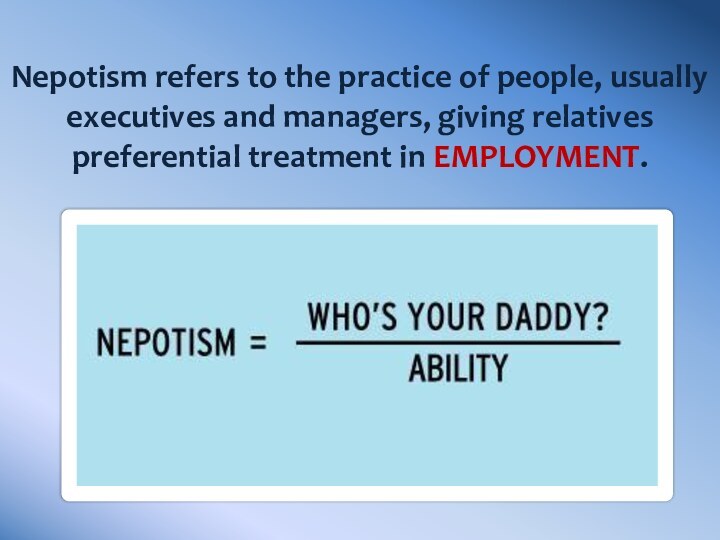
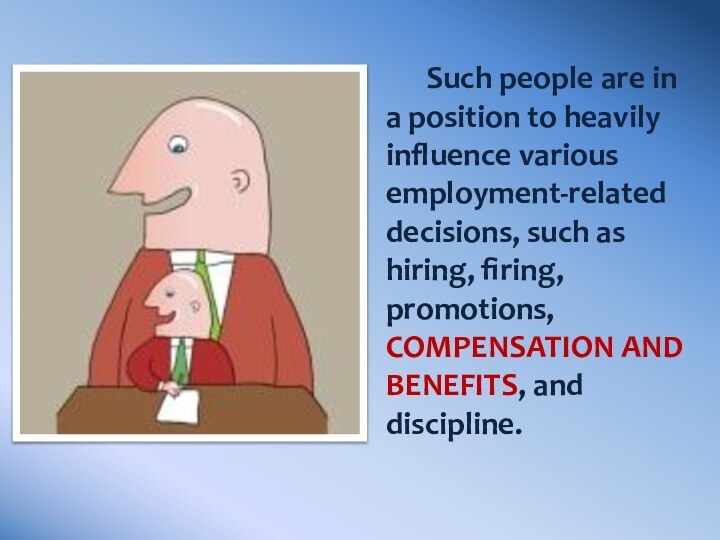
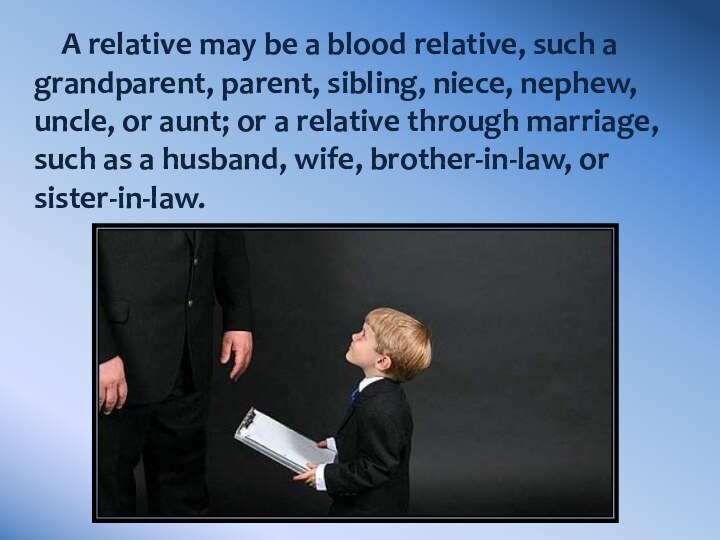
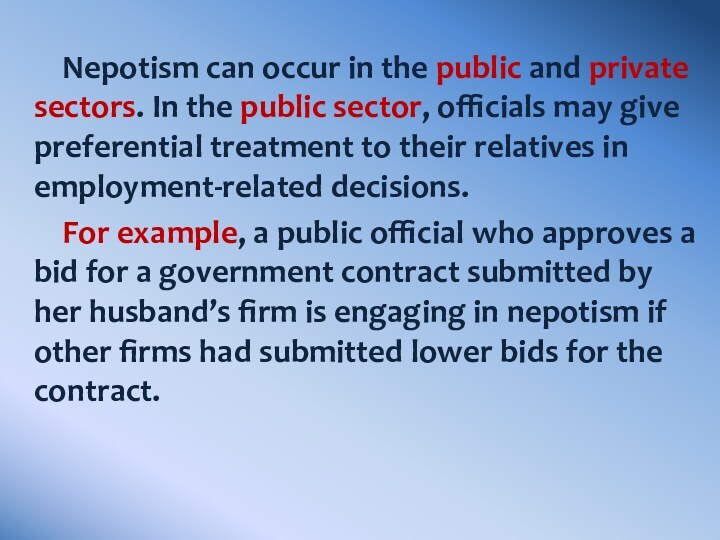
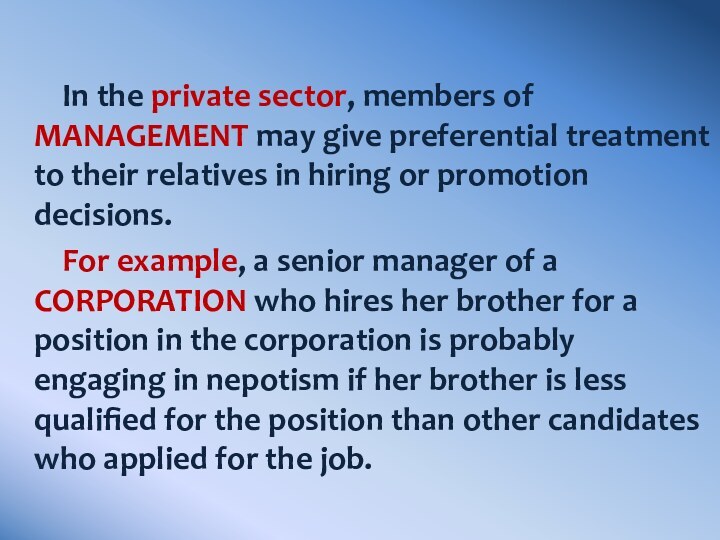
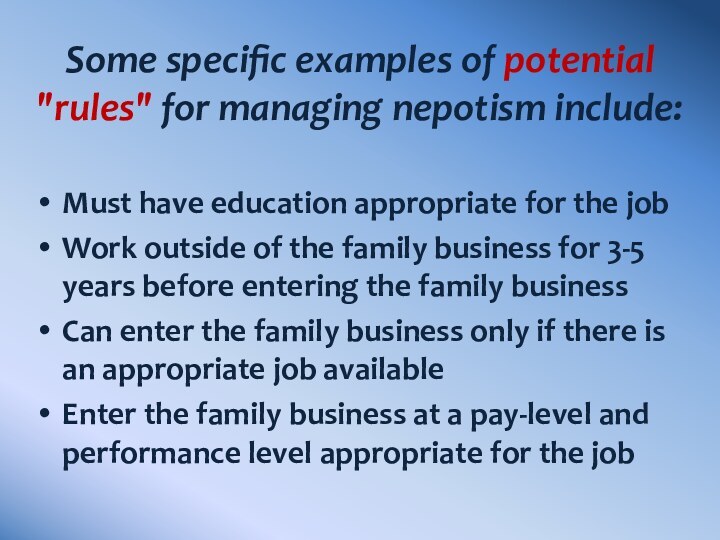
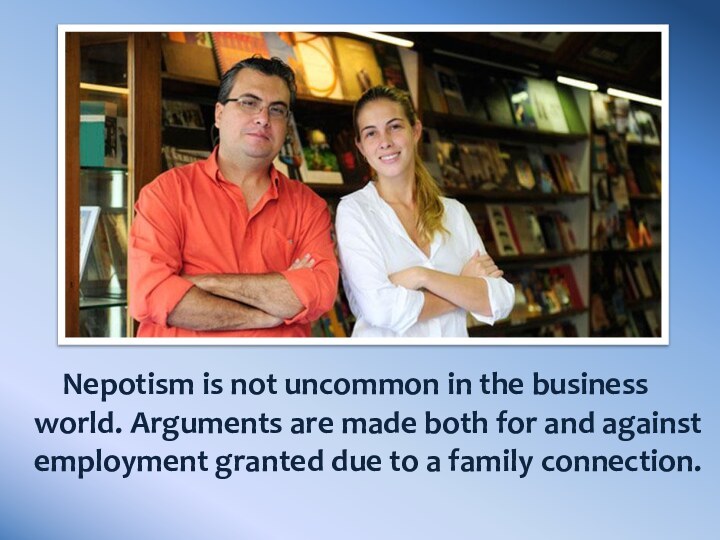
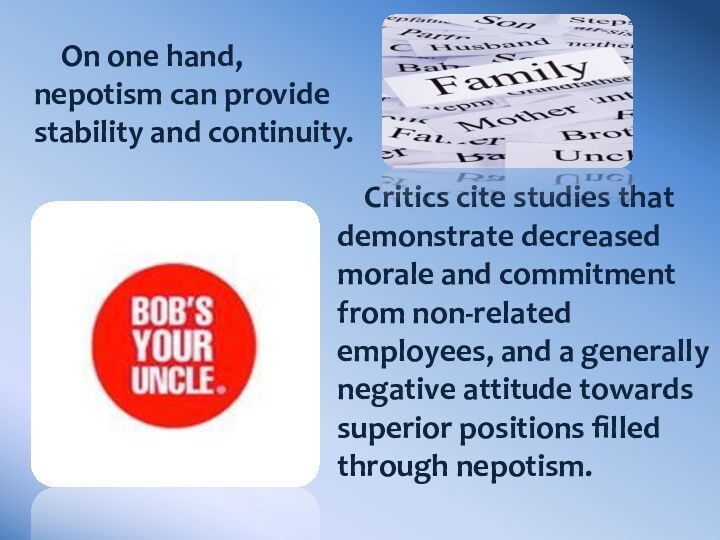

Слайд 2 Nepotism refers to the practice of people, usually
executives and managers, giving relatives preferential treatment in EMPLOYMENT.
Слайд 3 Such people are in a position to
heavily influence various employment-related decisions, such as hiring, firing,
promotions, COMPENSATION AND BENEFITS, and discipline.Слайд 4 A relative may be a blood relative, such
a grandparent, parent, sibling, niece, nephew, uncle, or aunt;
or a relative through marriage, such as a husband, wife, brother-in-law, or sister-in-law.Слайд 5 Nepotism can occur in the public and private
sectors. In the public sector, officials may give preferential
treatment to their relatives in employment-related decisions.For example, a public official who approves a bid for a government contract submitted by her husband’s firm is engaging in nepotism if other firms had submitted lower bids for the contract.
Слайд 6 In the private sector, members of MANAGEMENT may
give preferential treatment to their relatives in hiring or
promotion decisions.For example, a senior manager of a CORPORATION who hires her brother for a position in the corporation is probably engaging in nepotism if her brother is less qualified for the position than other candidates who applied for the job.
Слайд 7 Some specific examples of potential "rules" for managing
nepotism include:
Must have education appropriate for the job
Work outside
of the family business for 3-5 years before entering the family businessCan enter the family business only if there is an appropriate job available
Enter the family business at a pay-level and performance level appropriate for the job



